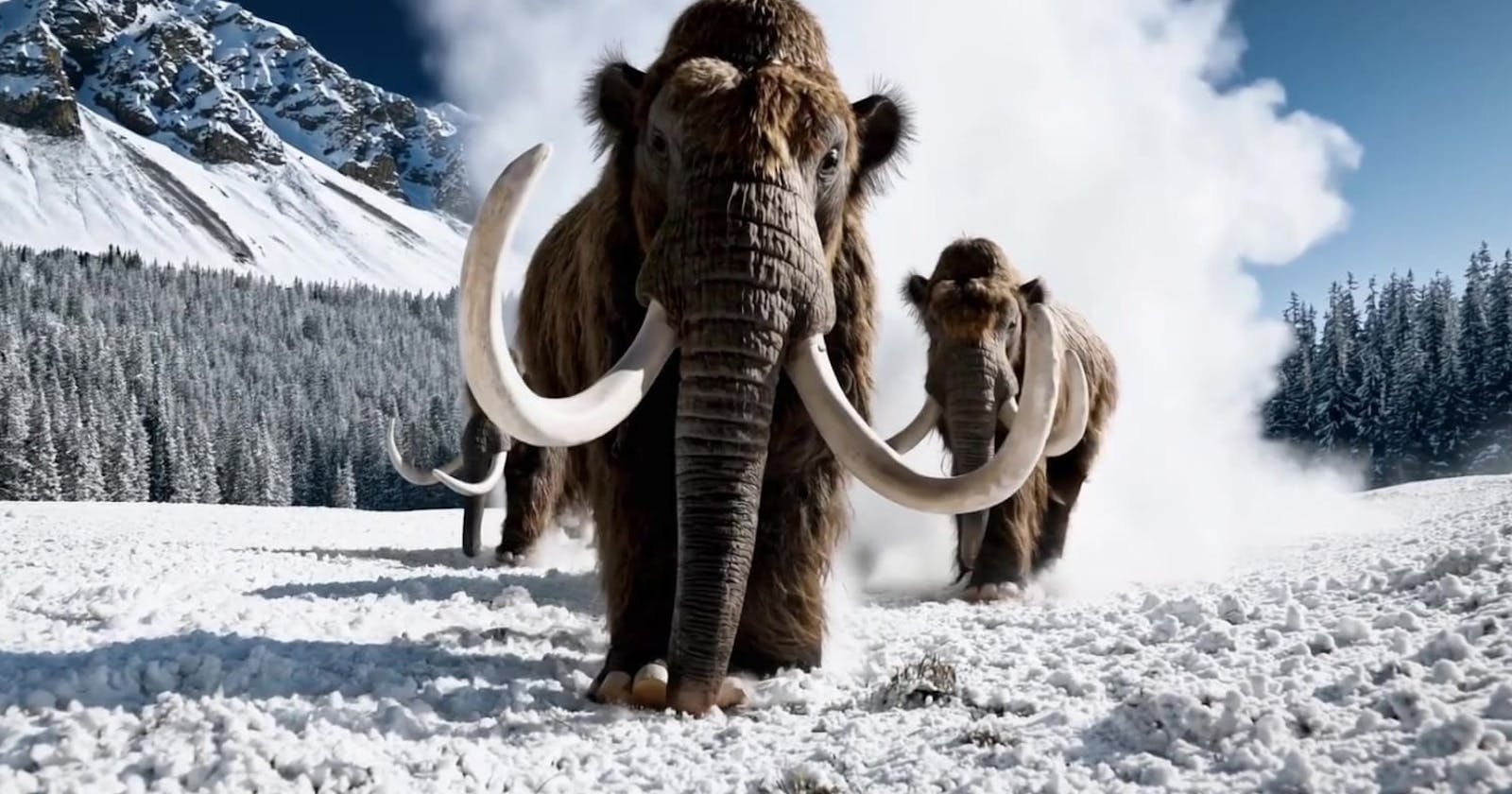In recent discussions, OpenAI's groundbreaking tool, Sora, has mixed both excitement and concern within the tech community over the world. Positioned as a challenging text-to-video model, Sora integrates deep learning, natural language processing, and computer vision to convert text prompts into realistic video contents.
Capabilities and Advancements
Compared to other text-to-video models, such as Meta's Make-A-Video, Sora stands out by overcoming barriers related to visual data interpretation, video length, and resolution. Sora has demonstrated the ability to generate videos of varying lengths and resolutions for diverse creative needs.

How It Works?
At the core of Sora's innovation lies a clever technique that transforms visual data into a format easily understood by the system. Similar to how words are processed for text-based AI applications, Sora compresses video data into manageable segments or patches. These act as building blocks that Sora rearranges to create new videos.
A Trio of Deep Learning, NLP, and Computer Vision
Sora tackle the power of deep learning to understand complex patterns, natural language processing to interpret text prompts, and computer vision to generate precise visual content. Utilizing a diffusion model, known for its prowess in creating high-quality images and videos, Sora turns noisy, incomplete data into polished video content.

Opportunities in the Real World
Sora's flexibility opens doors for businesses in marketing, advertising, and education. In the marketing empire, brands can harness Sora to create engaging and visually appealing video content for campaigns and social media. The tool's potential in education could see companies and schools create training videos to specific topics, offering a more accessible and engaging learning experience for employees and customers as well as students.
Enhancing, Not Replacing, Creativity
The question of how Sora will impact the job market for content creators. While the tool has the potential to automate certain aspects of video production, it's unlikely to replace human creativity anytime soon. On other hand, Sora could serve as a valuable tool that enhances content creators' capabilities, allowing them to produce higher-quality content more efficiently.
Challenges and Considerations
However, as with any groundbreaking technology, there are set of challenges. Copyright concerns arise as Sora's realistic content creation could accidentally violate on existing copyrights. Ethical considerations, particularly regarding the creation of deepfake videos or misleading content, call for the establishment of guidelines and safeguards to prevent misuse.
The widespread adoption of Sora might lead to an influx of low-quality or irrelevant video content, creating what experts term as "digital noise." For businesses aiming to maintain a competitive edge, the ability to filter and select content becomes highly important.

